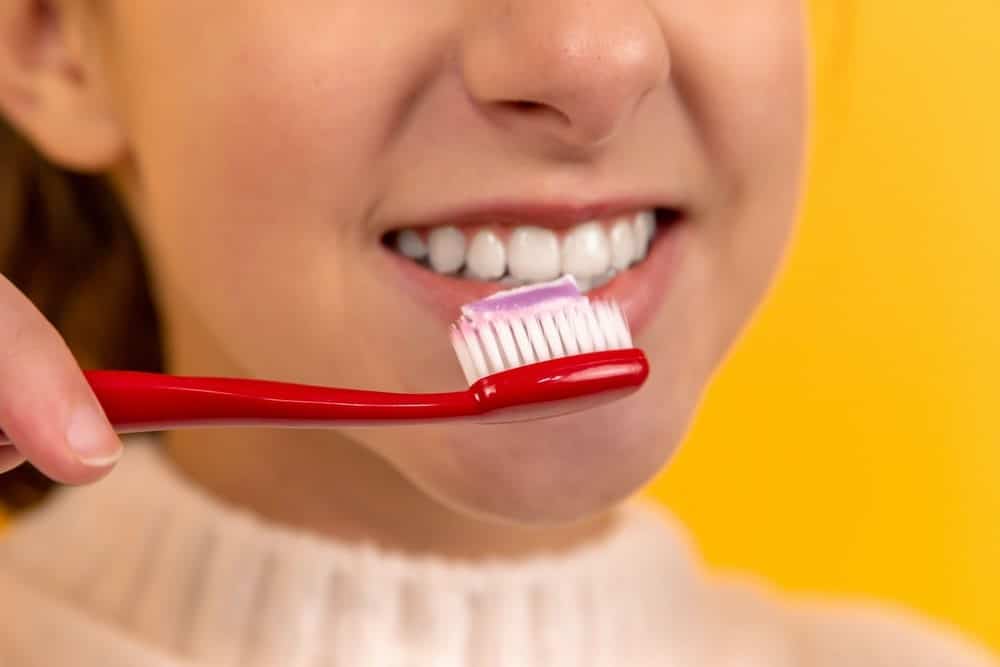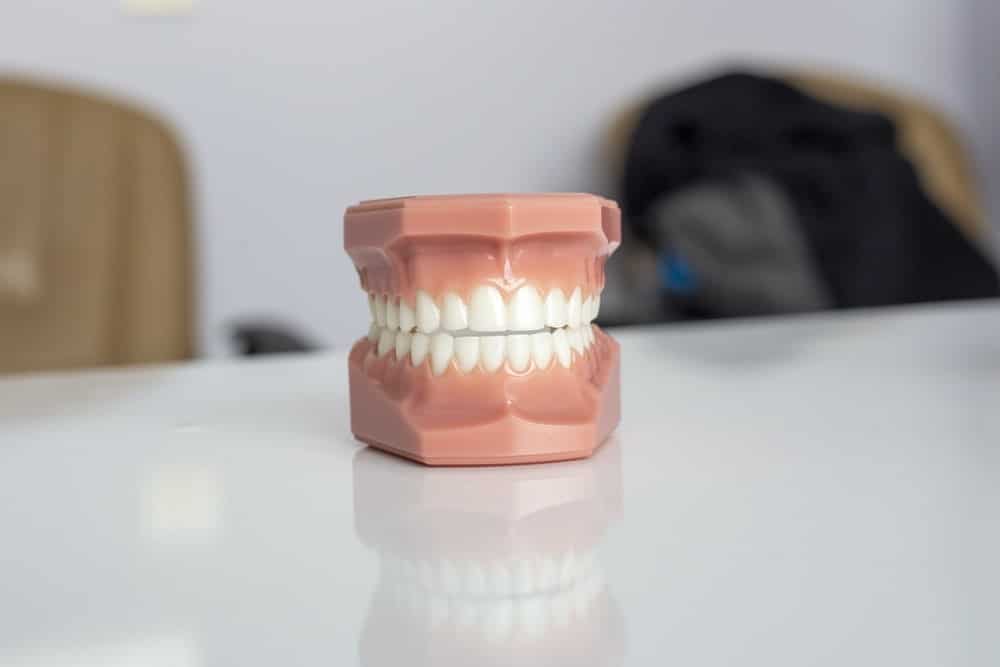What is Preventative Dentistry?
The importance of preventative dental care cannot be overstated. The word “dental appointment” brings up feelings of fear and dread in many people. There are a variety of reasons why people feel this way, including how dentists have been depicted by most people due to past or previous negative experiences. If you’ve been trying to figure out how to take better care of your teeth, preventative dentistry may have all the answers. You can use it to avoid dental problems and improve your overall oral health by implementing optimal dental hygiene practices.

Preventive dental care has numerous advantages, ranging from enhanced physical health to increased social engagement. Also, a trip to the right preventative dentistry office can save a person a lot of time, money, and pain in the long term.
Caring for your teeth in order to keep them healthy is known as preventative dentistry. Cavities, gum disease, enamel wear, and other issues can all be avoided by doing so. Preventative dentistry includes things like daily brushing and cleanings. The American Dental Association (ADA) suggests seeing the dentist at regular intervals to maintain maximum oral health. These visits are intended to keep teeth clean, strong, and white.
Preventive or preventative dentistry is a term you may have heard or read about at a dentist’s office or on the internet. It’s a scientific phrase that incorporates many of the activities you should do on a regular basis to maintain good oral health. For a variety of reasons, being proactive about this type of dental care is critical. To begin with, it is significantly less expensive than restorative dentistry (e.g., fillings, crowns, implants, etc.).
Isn’t it true that prevention is always better than cure? That is why preventative dentistry is the key to ensure teeth and gums are happier and healthier. By maintaining good dental hygiene, you can reduce your chances of developing various painful (and frequently expensive) dental issues. But the advantages don’t end there!
Regular preventative dental check-ups help in maintaining your oral health in the following ways:
Why is Preventative Dentistry Important?
- Reduces the chance of tooth decay, gum disease, and other major dental issues.
- Encourages proper dental hygiene behaviors such as brushing and flossing at least twice a day.
- Early detection of dental issues may save treatment time and expense.
- Allows your dentist to conduct a thorough examination of your mouth, jaw, neck, and other areas to identify any potential concerns, including oral cancer.
- Helps in the reduction of dental issues associated with certain chronic medical diseases such as diabetes, heart disease, osteoporosis, cancer, and eating disorders.
- Regular preventative dental care is a vital element of overall health for those with chronic illnesses.
What Steps You Can Take to Keep Your Teeth Healthy

As most of our dental care starts with ourselves, maintaining healthy oral care habits can help minimize gum and teeth diseases, cavities, and gingivitis. Here are some of the at-home and in-office practices and habits you can take up for better oral health:
- Brushing and flossing at least twice a day is recommended, as is replacing your toothbrush at least once a year. Utilizing a sonic style electric toothbrush can further improve oral hygiene.
- Fluoride strengthens teeth and prevents tooth decay, therefore using fluoride toothpaste and mouthwash at home can be quite beneficial. Fluoride treatment is also recommended after having your teeth cleaned at the dentist.
- Dental radiographs (x-rays) are an important part of preventative dentistry, as they allow us to detect problems that aren’t noticeable to the human eye as early as possible before they become major issues.
- A balanced diet is essential for your oral health, but it is also important for your overall health.
- Reduce your risk of gum disease and jaw deterioration by avoiding meals and drinks high in sugar, which feed the bacteria that cause dental plaque, cavities, and gum disease.
- Visit your dentist twice a year for a thorough cleaning and to check for any concerns with your teeth or gums. Because most dental problems are painless at first, you may not be aware of them until they cause major damage.
No matter what your age is, everyone benefits from preventive dentistry. Visiting a local dentist for a check-up and cleaning every six months is a good idea. Our preventative dentistry practice in Chandler, AZ, can help you get the most out of dental health with a variety of dental treatments.


